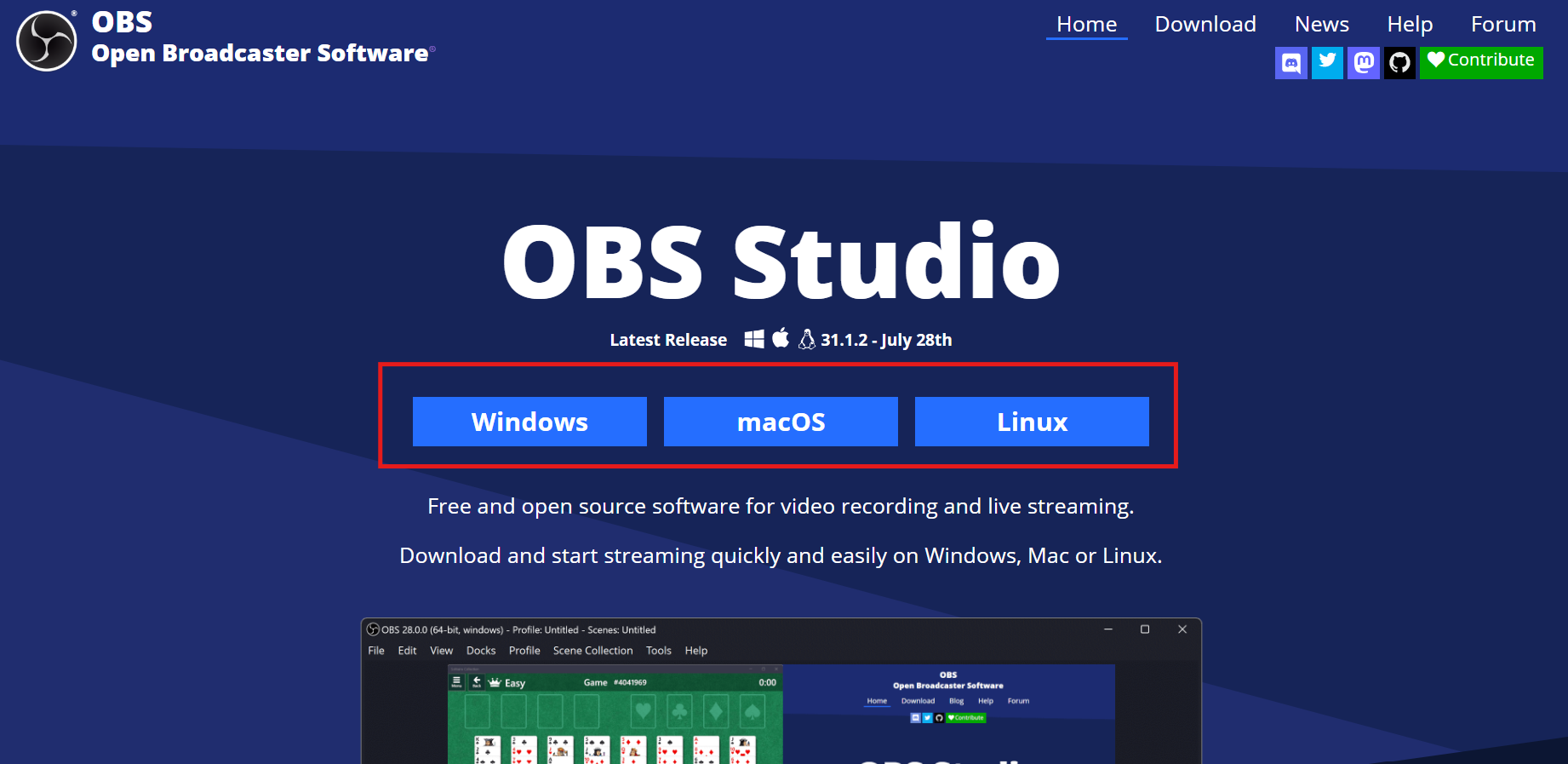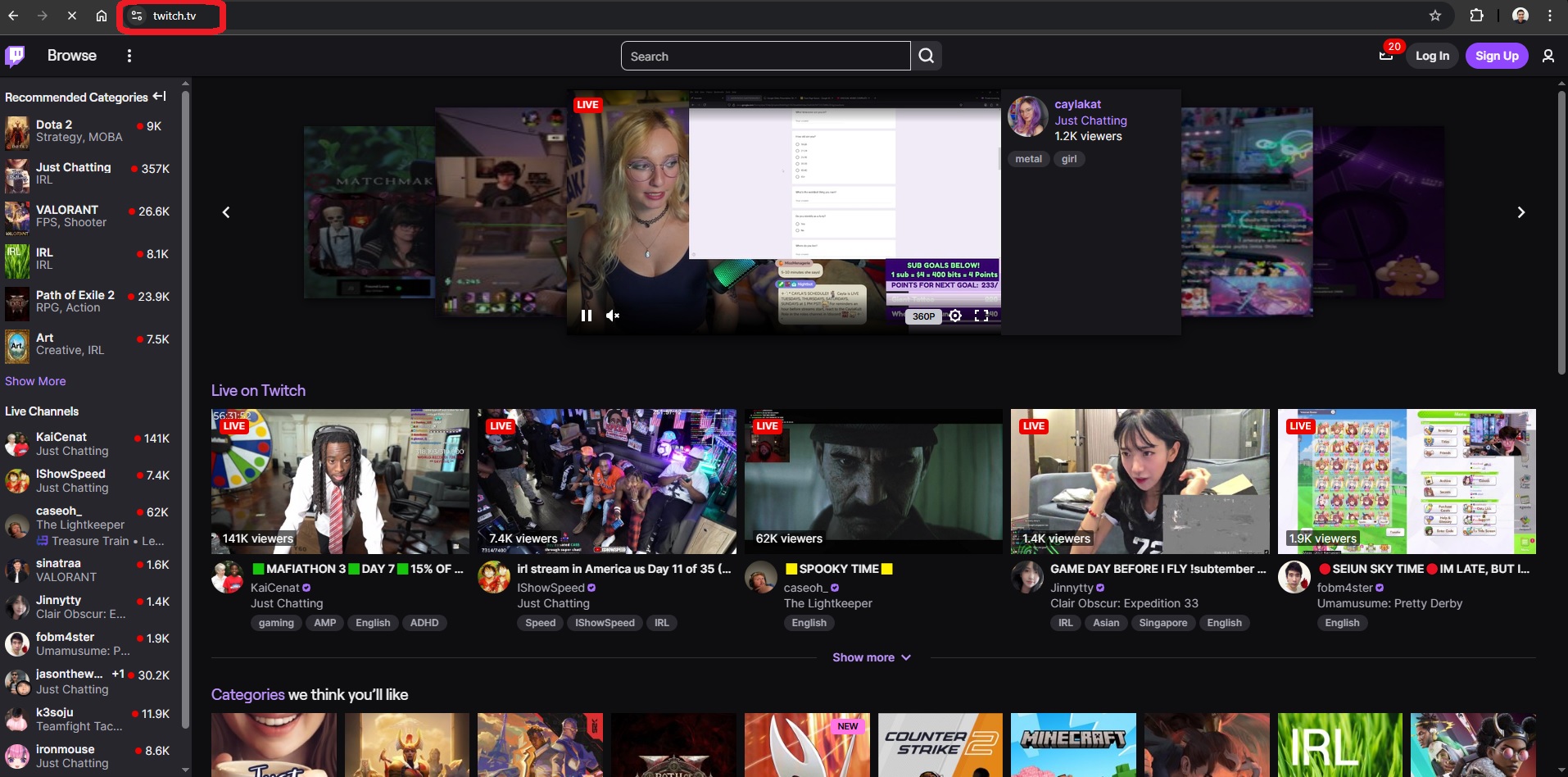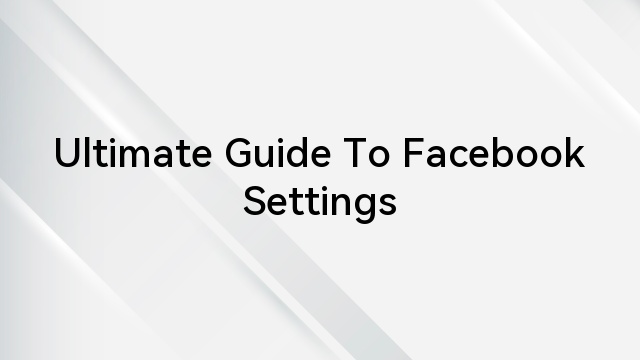Have you ever wondered why Facebook is now reaching into our real-world identities by asking for personal identification?
What does this shift signify about the evolving landscape of online privacy and security?
In an era where digital footprints intertwine with real-world identities, the lines between privacy and security often blur, leaving users grappling with new norms in online interactions. A particularly poignant example of this is Facebook’s policy of asking for users’ identification.

This move, which might initially seem intrusive, stems from a complex web of reasons, including the need to combat fake accounts, ensure community safety, and comply with legal requirements. However, it raises important questions about user privacy, the extent of data collection by social media giants, and the implications for personal freedom in the digital age.
This article delves into the multifaceted reasons behind Facebook’s request for personal ID, examining the balance between safeguarding online communities and preserving individual privacy rights.
Facebook’s ID Verification Policy- A Brief Overview
Facebook’s ID Verification Policy represents a critical pivot in the platform’s approach to maintaining the authenticity and security of its user base.
Initiated as a response to the growing concerns over fake accounts, misinformation, and online safety, this policy mandates users in certain scenarios to verify their identity using government-issued IDs or other official documents. The intent is to ensure that accounts are linked to real individuals, thereby fostering a more trustworthy and secure online environment.
This policy, while aimed at enhancing the integrity of interactions on the platform, has also sparked debates around privacy and the handling of sensitive personal information, highlighting the delicate balance between security and user rights in the digital realm.
How can it be Important professionally?
The significance of Facebook’s ID verification becomes particularly crucial when using its Marketplace as a seller.
For individuals and professionals alike, this verification process lends a layer of trust and credibility to transactions. By ensuring that sellers are verified, Facebook Marketplace enhances the confidence of buyers, fostering a safer and more reliable trading environment. This is especially important in an online space where scams and fraudulent activities are prevalent.

For professionals, verified status can be a key differentiator, helping to build a reputable online presence and attract more serious inquiries. It also helps in maintaining the integrity of the marketplace by deterring dishonest practices and ensuring that only legitimate and responsible users engage in commercial activities.
Why Is Facebook Asking For My ID? – 5 Core Reasons You Must Know
#1 – High-Visibility Profiles
Facebook often requests IDs for profiles that achieve sudden virality or exceptionally high reach. This is a proactive measure to verify the authenticity of users who rapidly gain a large following, ensuring they are real individuals and not bots or fake accounts. This practice is crucial for maintaining the platform’s credibility, especially for influential users.
#2- Red Flags in Account Activities
When there’s suspicious activity detected on an account, such as unusual patterns of behavior that deviate from the norm, Facebook may ask for ID verification. This step helps in safeguarding the account owner’s interests and prevents potential security breaches.
#3- Account Security: Responding to Unusual Login Attempts
In instances of unusual login attempts from unknown devices or locations, Facebook’s security protocols may kick in, prompting an ID request. This is a vital security measure aimed at preventing unauthorized access and ensuring that the account remains secure.
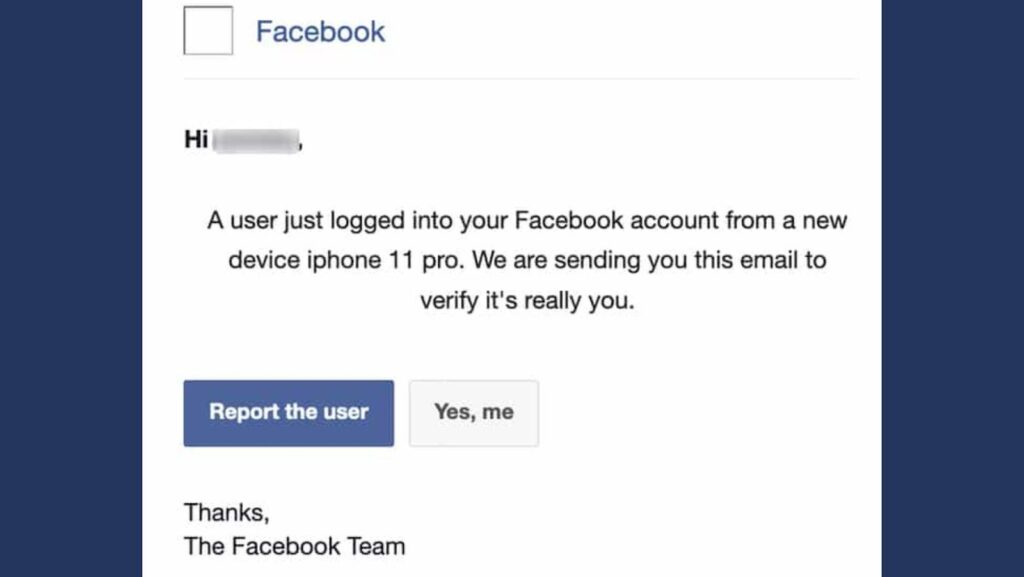
#4- Safeguarding Against Online Frauds
In its ongoing effort to protect users from scams and fraud, Facebook uses ID verification as a tool to deter malicious actors. By verifying the identities of its users, the platform aims to create a safer online environment free from fraudulent activities.
#5- Policy Enforcement
Facebook may require ID verification when there’s a suspected violation of its community standards or policies. This ensures that users are held accountable for their actions on the platform, promoting a respectful and safe social media environment.
#6- Guarding User Privacy and Data
Addressing privacy concerns and ensuring the security of user data are pivotal reasons behind Facebook’s ID verification. This process helps in building trust among users, ensuring that their information is handled responsibly and securely.
#7- The Fight Against Misinformation
In a bid to combat the spread of fake news and misinformation, Facebook’s ID verification plays a critical role. By confirming the identities of content creators and sharers, the platform aims to reduce the dissemination of false information, fostering a more informed and truthful online community.
How To Upload Your ID On Facebook?
When Facebook asks you to confirm your identity, it’s a crucial step to secure your account and maintain the integrity of the platform. Here’s what you should do in such situations:
Step 1- Understanding the Notification
Begin by carefully reading the notification from Facebook. It’s essential to understand why Facebook is requesting identity confirmation. Check if there’s a specific reason mentioned, like unusual activity or policy compliance.

Step 2- Evaluate Your Login Status
Try logging into your account. In many cases, Facebook may not allow you to access your account until you complete the identity verification process. If you can log in, look for any additional instructions or alerts within your account settings.
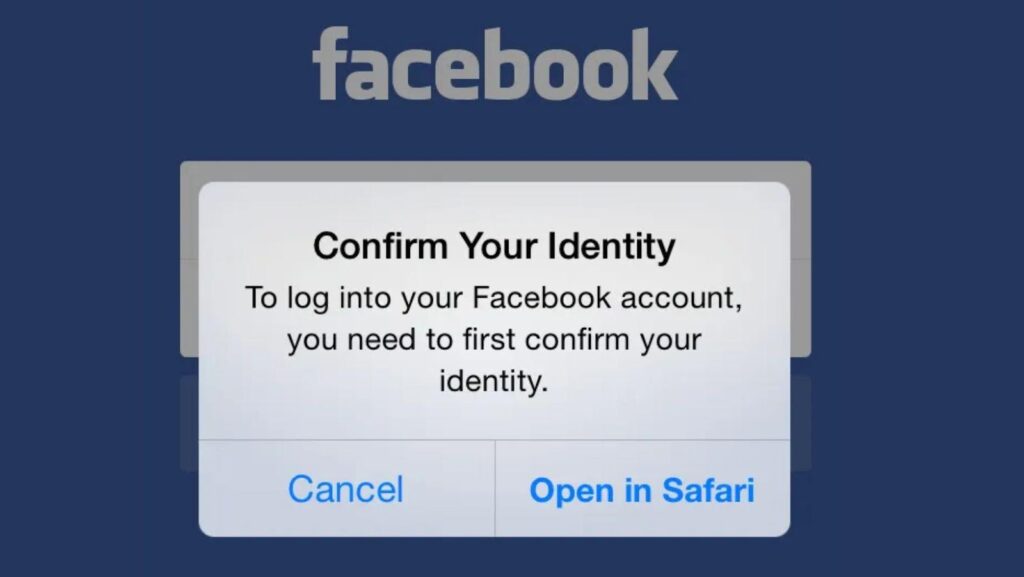
Step 3- Selecting an Appropriate Verification Method
Facebook offers several methods for identity verification. These can range from answering security questions and verifying your date of birth to providing government-issued ID. Choose a method that is most feasible and secure for you.
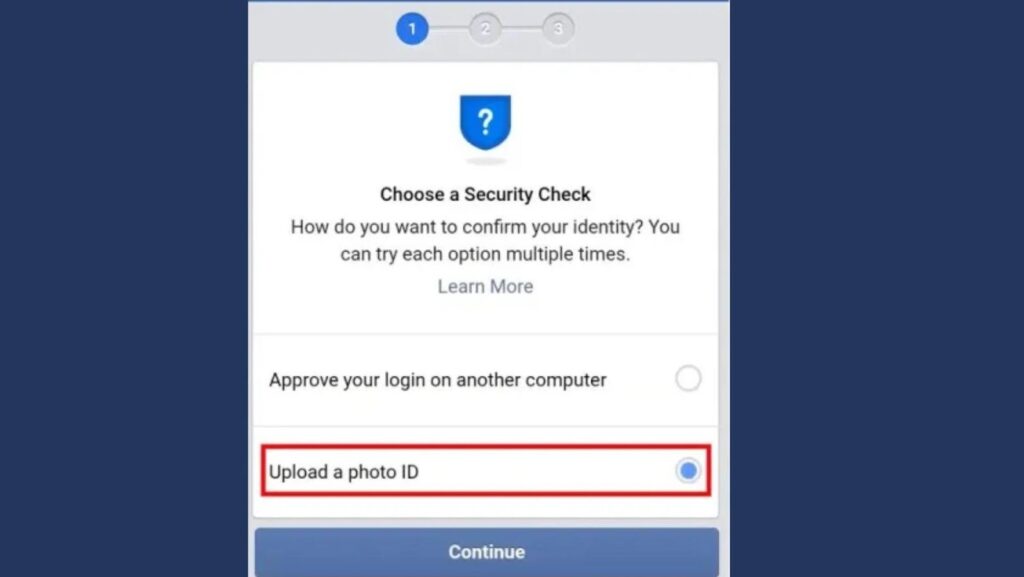
Step 4- Adhering to Given Instructions
Follow the step-by-step instructions provided by Facebook for your chosen method of verification. Be meticulous and provide accurate information or documents. Any discrepancy might prolong the process or lead to further complications.
Step 5- Exercising Patience During the Process
Verification can take time, sometimes several days. It’s important to be patient and avoid sending multiple verification requests, as this could further delay the process.
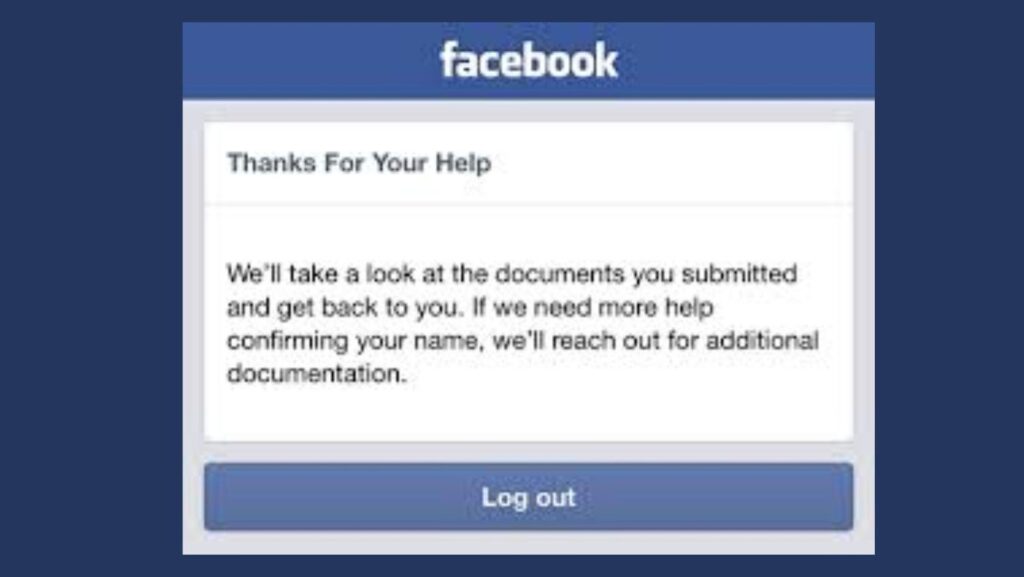
Step 6- Be Responsive to Further Inquiries
Stay vigilant for any communications from Facebook, particularly via the email associated with your account. Quick responses to any follow-up queries can expedite the verification process.
Step 7- Secure Your Account Post-Verification
Once your identity is confirmed and you regain full access to your account, consider updating your password. This adds an extra layer of security, especially if the identity verification was triggered by suspicious account activities.
FAQs
Is it safe to upload your ID to Facebook?
Yes, it’s generally safe as Facebook employs robust security measures to protect personal data, but always ensure you’re using the official site or app.
Can you use a fake ID for Facebook verification?
No, using a fake ID is against Facebook’s policies and can result in account suspension.
How much time will it take to confirm your ID?
The verification process can take several days, depending on the specific circumstances and Facebook’s review workload.
Key Takeaway
Facebook’s request for ID verification emerges as a crucial step in safeguarding the platform’s integrity and the security of its users. While it primarily aims to combat fake accounts, mitigate misinformation, and uphold community standards, it also brings to light significant privacy concerns. This policy underscores the delicate balance that digital platforms must strike between ensuring user safety and respecting their privacy. As users of social media, understanding the rationale behind such policies and their implications on our digital footprint is essential. Ultimately, Facebook’s ID verification policy reflects the evolving landscape of digital identity and the ongoing efforts to create a more authentic and secure online community.
While dealing with verification requests like Facebook asking for your ID, ensuring clear, high-quality video for identity confirmation or live interactions can be a helpful precaution. Consider using a reliable streaming camera to seamlessly present yourself online with confidence and clarity.






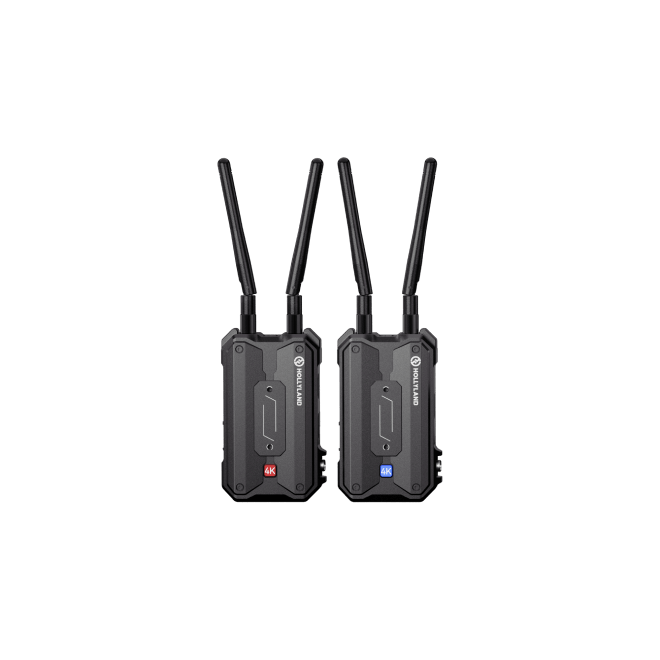
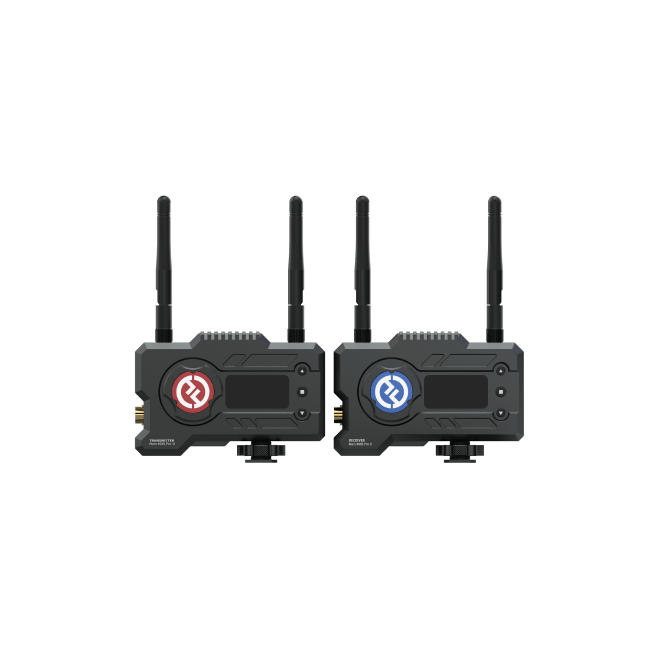

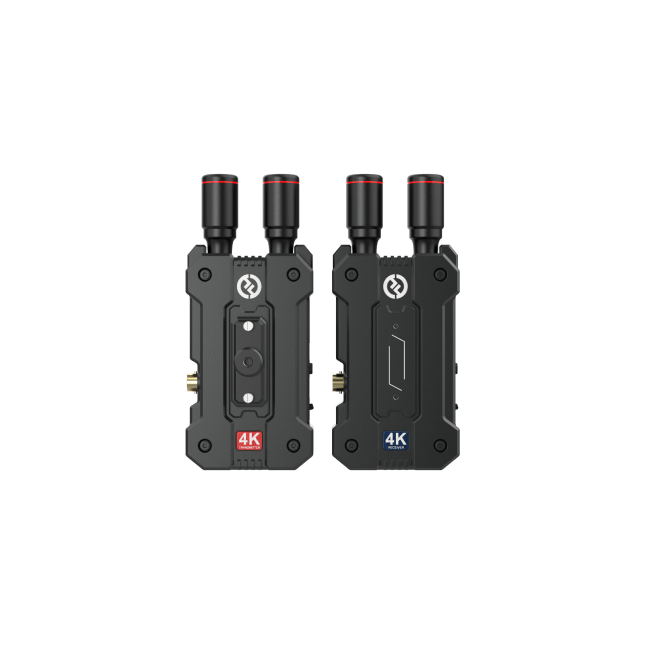

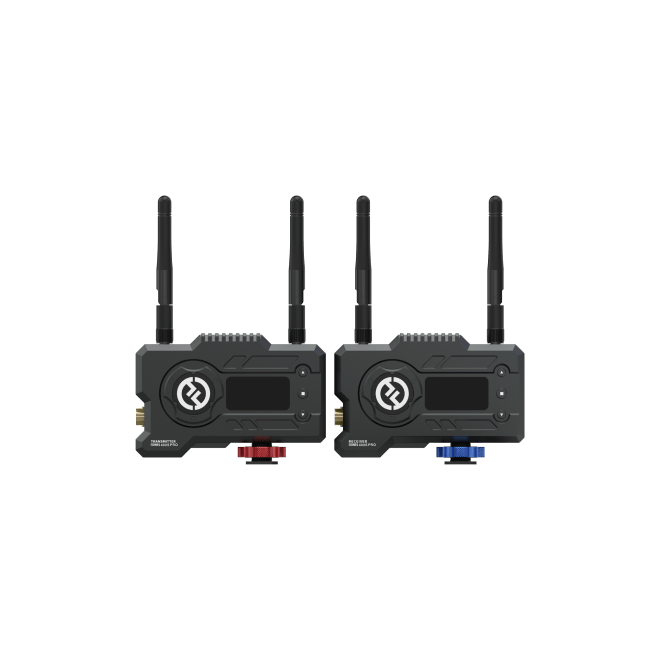










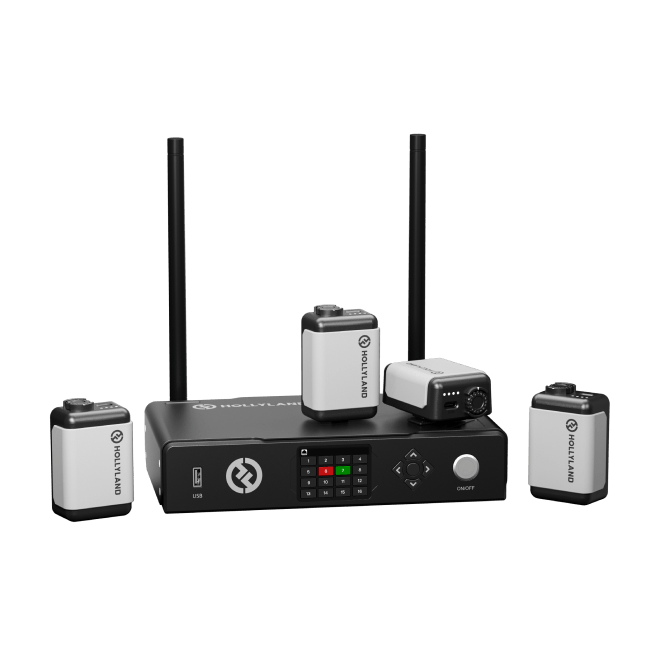



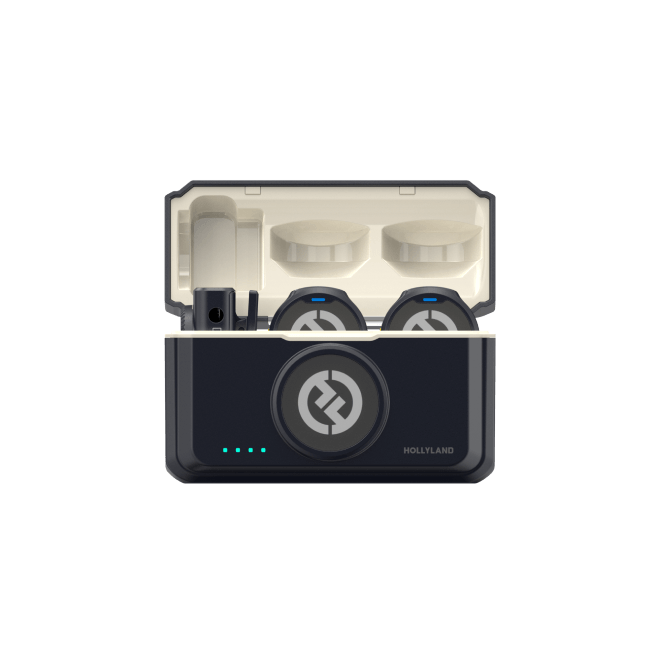
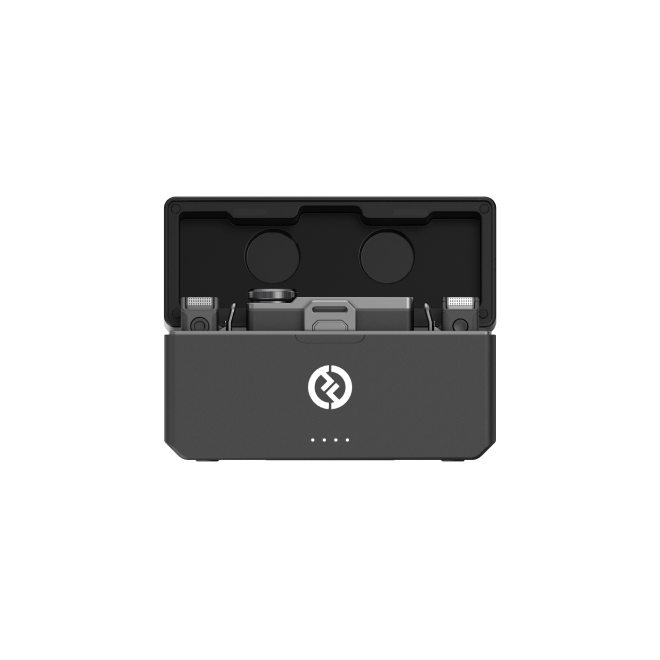
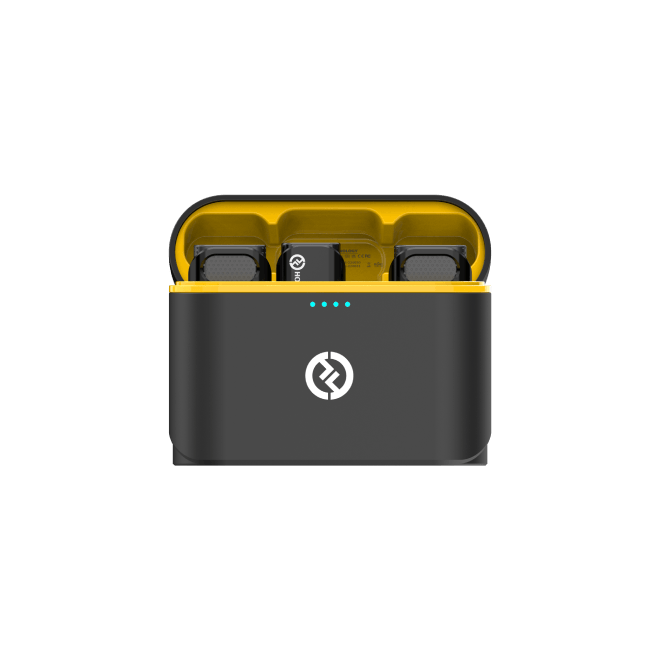

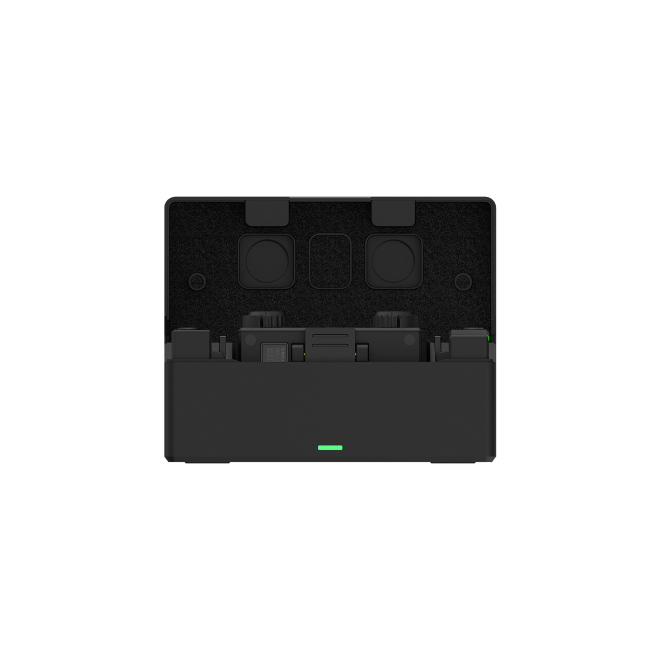



.png)



